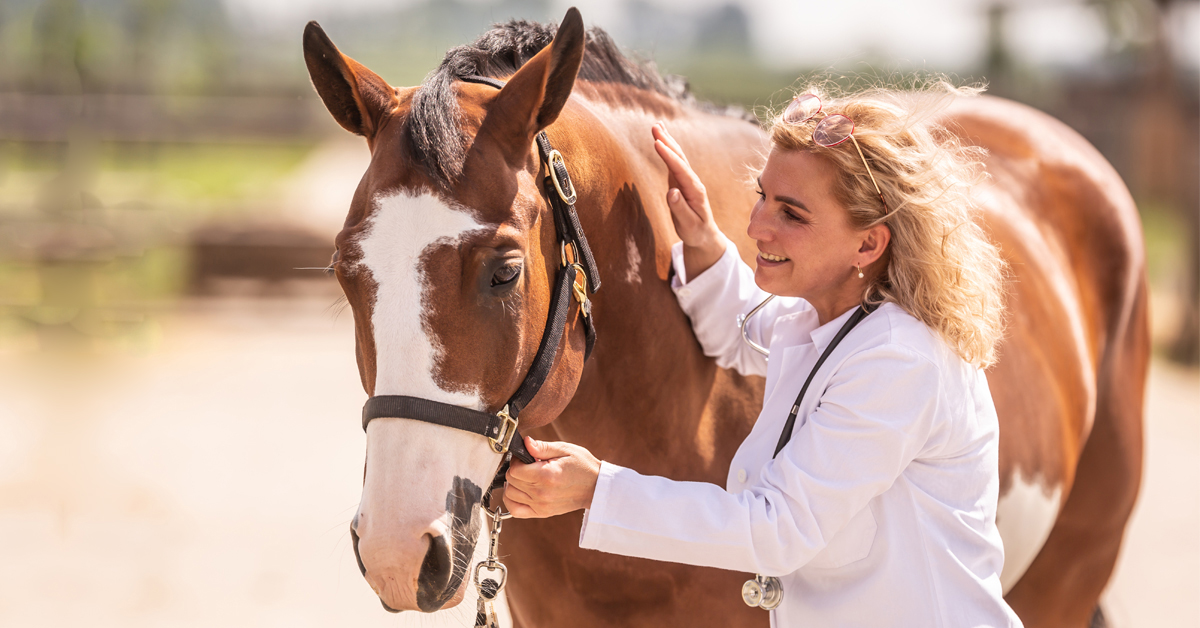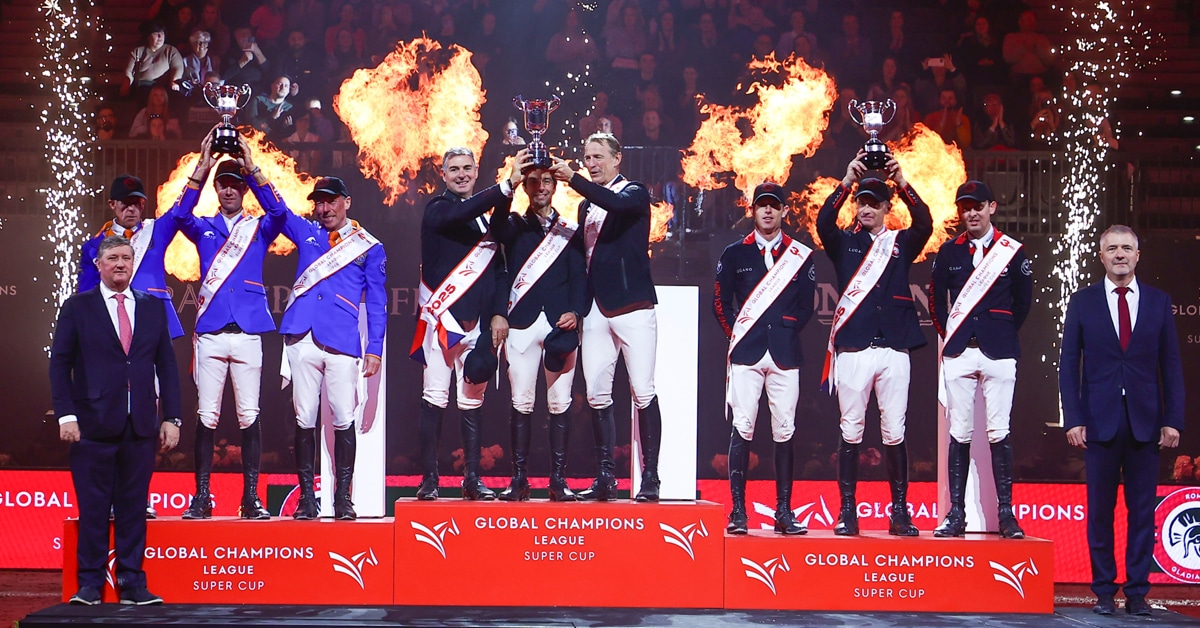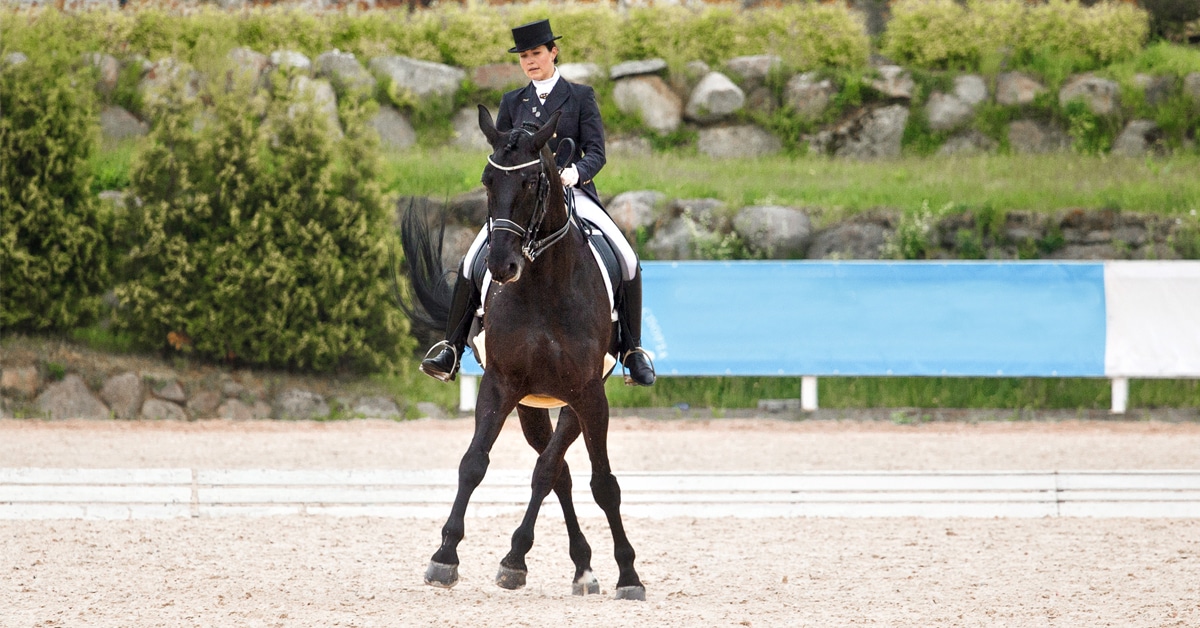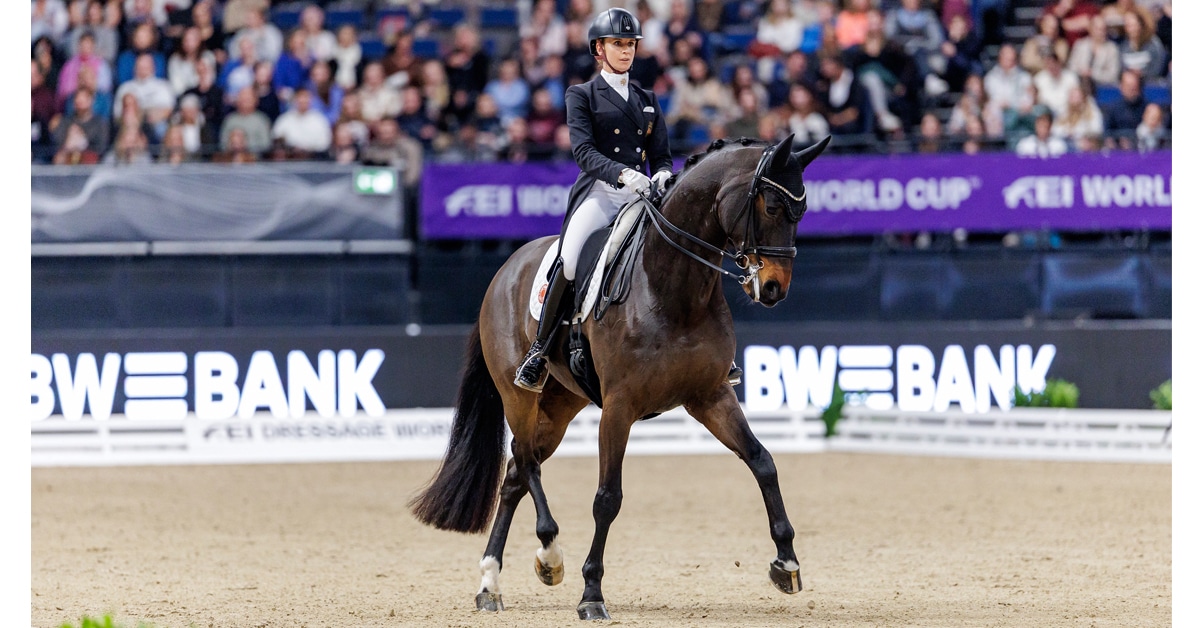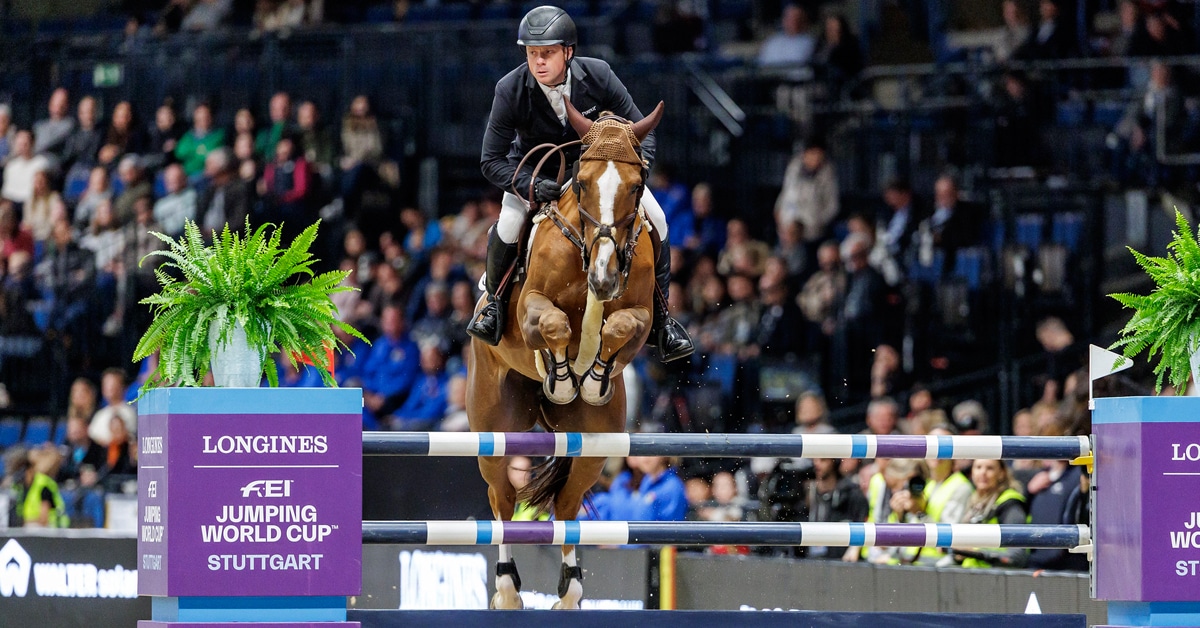Minor equestrian nations will now have less influence over sport decisions made by the European Equestrian Federation (EEF), following a historic decision at its General Assembly.
In future, voting rights will be “weighted” according to each country’s international participation, giving dominant countries such as Germany, Great Britain and France eight votes each and the least active such as Albania, North Macedonia and San Marino just two (see full list here.)
Welcoming the decision, the EEF’s re-elected president, Theo Ploegmakers of the Netherlands, hoped it would “have an impact in the future, maybe also within the FEI.”
Voting rights have been extensively discussed by the EEF and other stakeholders in recent years, with growing disquiet that many of the FEI’s 137 member countries have just a handful or no international riders. While there is no direct evidence, it has been widely assumed that countries that have never sent a rider to the Olympic Games influenced the unpopular changes to the Tokyo 2020 formats, because of the traditional “equal votes for all policy.”
Twenty-five of the national federations joining the FEI in the past 30 years still have fewer than 50 registered riders between them. The International Jumping Riders Club has also lobbied for change. The FEI has since introduced some variations to voting powers at the FEI’s own General Assembly, but these do not apply retroactively, meaning newest member Nepal is the only one affected.
The EEF’s new system goes considerably further, applying to all 40 national federations from the regions formerly known as FEI Groups I and II. Every EEF member NF has one “general membership” vote. Extra votes are then accrued due to the following broad criteria:
One vote for NFs with 0-99 FEI registered athletes; two for 100-999 athletes; three for over 1,000;
One vote for countries staging under 99 annual FEI events; two for 100-199; three for more than 200 events;
One vote for each NF participating in Olympic or Paralympic Games during the three recent Games.
A briefing document drawn up by Soenke Lauterbach, secretary general of the German equestrian federation, said: “Generally speaking, active participation and contribution into a certain field of activities is considered as the best way in obtaining important information and knowledge in this area and in strengthening its individual and collective capacities when it comes to contribute to decision making process.”
George Dimaras of Greece presented the EEF’s standpoint, saying it would allow better representation of the nations most affected by changes to sport rules. All other EEF matters remain a one-member, one-vote system.
Core discussion surrounded methodology: some geographically small nations were physically unable to host more events or field any more athletes. It was suggested that weighted voting went against the Olympic principle of “one country, one vote;” however, several other Olympic sports have already adopted it.
The proposal for weighted voting was approved by 35-3, and for a similarly tiered membership fee structure by 34-3 with one abstention. The EEF has 38 member countries, so the voting figures suggest that many low participant nations agreed that their influence should be reduced: the attached table shows that 13 countries will have just only 50% the influence of those on the maximum eight votes – Belgium, Spain, Great Britain, Germany, France, Netherlands and Italy.
Last year Horsesport.com revealed that in 2011 a FEI constitutional task force chaired by former Equine Canada chief executive Akaash Maharaj was asked not to discuss reform of the FEI voting system. At the end of that article is a chronological list of FEI member countries and their number of registered horses in 2021.
More News
